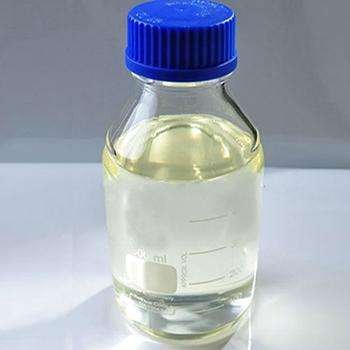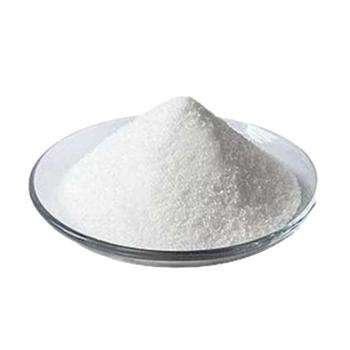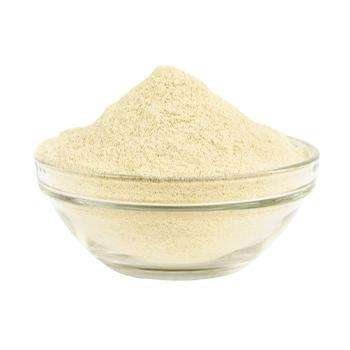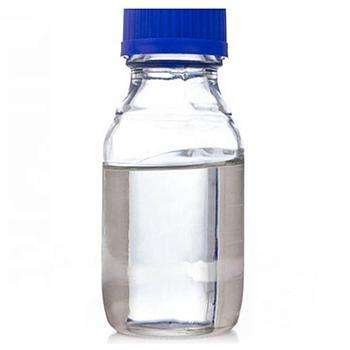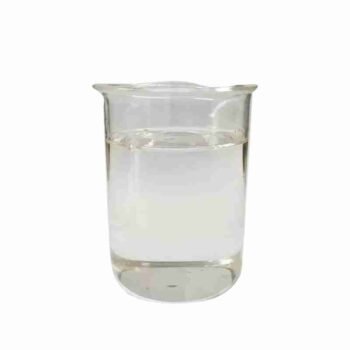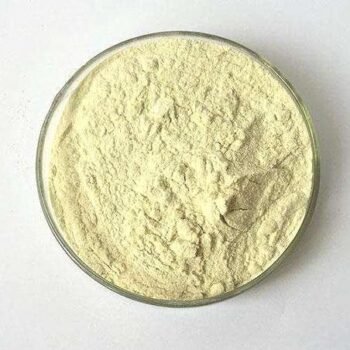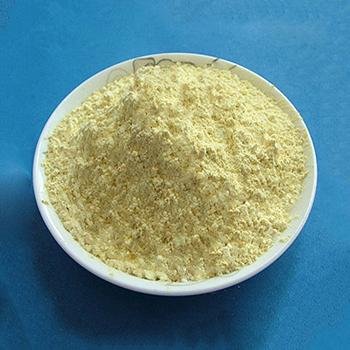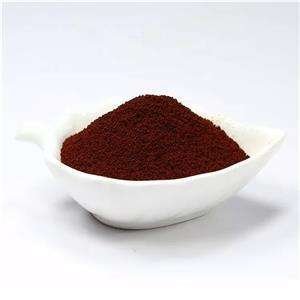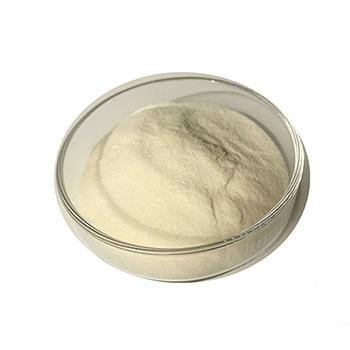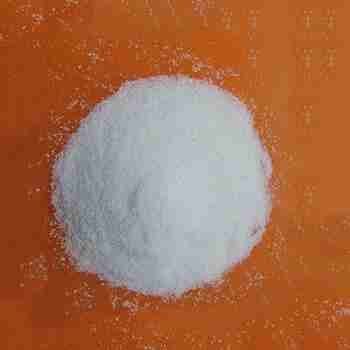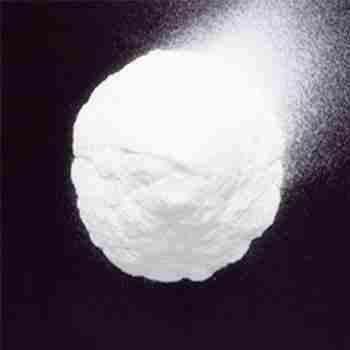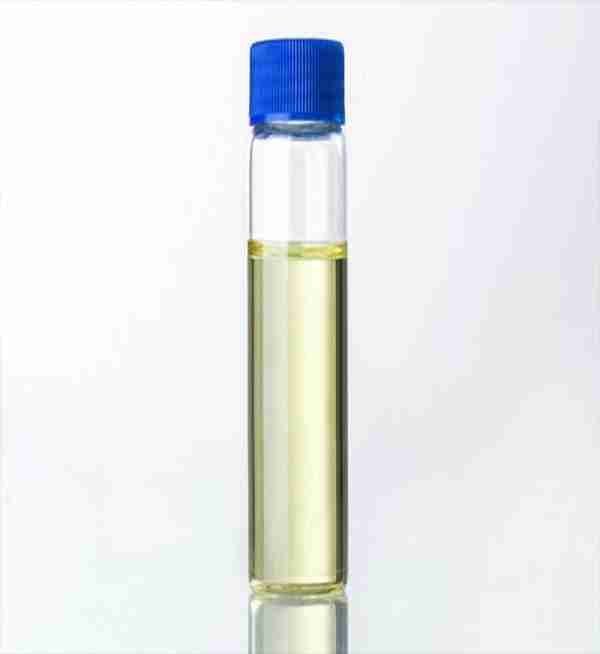1-Octanol CAS#111-87-5
1-Octanol, also known as Capryl alcohol or n-Octanol, is a clear, colorless liquid with a characteristic waxy odor. It is an alcohol with eight carbon atoms in its chain, making it a part of the aliphatic alcohol family. This compound is poorly soluble in water but is miscible with ethanol, diethyl ether, and chloroform . It has a melting point of approximately -15??C and a boiling point of around 196??C . 1-Octanol is used in the production of esters, plasticizers, and as a solvent or intermediate in the synthesis of various organic compounds. It also finds application in the fragrance industry as a fixative in perfumes and can be used in the formulation of flavor and scent compositions . It is important to note that 1-Octanol is flammable and should be handled with care, storing it away from sources of ignition and heat .
发送询盘
1-Octanol CAS#111-87-5
| 1-Octanol Chemical Properties |
| Melting point | ?15???C(lit.) |
| Boiling point | 196???C(lit.) |
| density | 0.827?g/mL?at 25???C(lit.) |
| vapor density | 4.5 (vs air) |
| vapor pressure | 0.14 mm Hg ( 25 ??C) |
| refractive index | n20/D?1.429(lit.) |
| FEMA | 2800 | 1-OCTANOL |
| Fp | 178???F |
| storage temp. | Store below +30??C. |
| solubility | water: partially soluble107g/L at 23??C |
| form | liquid |
| pka | 15.27??0.10(Predicted) |
| color | APHA: ??10 |
| Odor | Alcohol like |
| Relative polarity | 0.537 |
| Odor Type | waxy |
| Odor Threshold | 0.0027ppm |
| explosive limit | 0.8%(V) |
| Water Solubility | insoluble |
| ??max | ??: 215 nm Amax: 1.00 ??: 225 nm Amax: 0.50 ??: 235 nm Amax: 0.20 ??: 250 nm Amax: 0.05 ??: 300-400 nm Amax: 0.01 |
| JECFA Number | 97 |
| Merck | 14,6751 |
| BRN | 1697461 |
| Dielectric constant | 10.300000000000001 |
| Dielectric constant | 10.3??20?棩 |
| Stability: | Stable. Flammable. Incompatible with strong oxidizing agents. |
| InChIKey | KBPLFHHGFOOTCA-UHFFFAOYSA-N |
| LogP | 3.5 at 23?? |
| CAS DataBase Reference | 111-87-5(CAS DataBase Reference) |
| NIST Chemistry Reference | 1-Octanol(111-87-5) |
| EPA Substance Registry System | 1-Octanol (111-87-5) |
| Safety Information |
| Hazard Codes | Xi |
| Risk Statements | 36/38 |
| Safety Statements | 26-36/37-37/39 |
| RIDADR | 3082 |
| WGK Germany | 1 |
| RTECS | RH6550000 |
| Autoignition Temperature | 523 ??F |
| TSCA | Yes |
| HazardClass | 9 |
| PackingGroup | III |
| HS Code | 29051680 |
| Hazardous Substances Data | 111-87-5(Hazardous Substances Data) |
| Toxicity | LD50 orally in Rabbit: > 5000 mg/kg LD50 dermal Rabbit > 2000 mg/kg |
- 2
- 2-diallylpent-4-en-1-amine
- 4
- 95-16-9
- Ammonium sulfamate
- Benzothiazole
- cas:67889-00-3ح2
- cas:83524-75-8 | pigment black 32
- cas:928836-00-4 | 2
- cas:932745-70-5 | 4
- Chemical Minerals
- Coconut diethanolamide
- Daily Chemicals
- discount
- for sale
- General pvc resin
- hexyl D-glucoside
- in stock
- Lauramidopropyl betaine
- LAURIC ACID MONOETHANOLAMIDE
- Petroleum Additives
- Plasticiser
- Ploymers
- price
- PVC
- quotation
- Raw Materal
- Remove term: Petroleum Additives Petroleum Additive
- SODIUM ETHYL 2-SULFOLAURATE
Related Products
Chemical Name: 1,1,2,2-Tetrachloroethane
Other Name: Tetrachlorethane
CAS No.: 79-34-5
Molecular Formula: C2H2Cl4
Molecular Weight: 167.85
Appearance: Liquid
Chemical Name: 3-Hydroxybutyric acid
CAS No.: 625-71-8
Molecular Formula: C4H8O3
Molecular Weight: 104.1
Appearance: White powder
Chemical Name: Arabic gum
CAS No.: 9000-01-5
Appearance: powder
Terpene resin is a type of natural resin derived from terpenes, which are organic compounds found in various plants. It is known for its aromatic properties and is commonly used in the production of fragrances, flavorings, and as a component in adhesives and coatings within the chemical industry. Terpene resin offers a range of benefits, including enhancing the solubility of essential oils and providing a stable base for various applications. Its natural origin makes it a preferred choice for eco-friendly products.
Butylated Hydroxytoluene (BHT) is a synthetic phenolic antioxidant commonly added to foods, cosmetics, and packaging to prevent the oxidation of fats and oils, thereby extending their shelf life. It is also used as a preservative in a variety of products, including rubber, petroleum products, and animal feed. BHT is recognized for its effectiveness in maintaining nutrient levels, color, flavor, and odor in food products . It is known to have a melting point of 69-71??C, a boiling point of 265??C, and is soluble in ethanol, acetone, and benzene, but not in water, glycerin, or propylene glycol . BHT is also used in some dietary supplements due to its antioxidant properties . However, it is important to handle BHT with care, as it can cause skin irritation and is considered harmful if swallowed .
Chemical Name: STODDARD SOLVENT
CAS No.: 64742-88-7
Appearance: Colorless or Light Yellow Liquid
Silicones are a family of synthetic polymers known for their versatility and stability. They are heat-resistant, non-toxic, and have excellent electrical insulation properties. Commonly used in various industries such as construction, automotive, aerospace, and personal care products, silicones offer a wide range of applications from sealants and adhesives to lubricants and medical devices. Their resistance to extreme temperatures and weathering makes them a preferred choice for many high-performance applications.
2-Hydroxy-4-methoxybenzophenone-5-sulfonic acid is an advanced organic intermediate with a versatile chemical structure. It integrates a benzophenone backbone with a hydroxyl group at the 2nd position, a methoxy group at the 4th, and a sulfonic acid functionality at the 5th. This compound is valued for its role in the synthesis of specialty dyes and pharmaceuticals, offering enhanced solubility and reactivity for diverse applications in the chemical industry.
Chemical Name: o-Xylene
Synonyms: 1,2-Dimethylbenzene; ortho-xylene
CAS No.: 95-47-6
Molecular Formula: C8H10
Molecular Weight: 106.17
Product name:HYDROXYPROPYL GUAR HYDROXYPROPYLTRIMONIUM CHLORIDE
Purity:99%
Appearance:Light Yellow Powder
Package:Customized according to customer needs.
Sample:Available
Chemical Name: Choline salicylate
CAS No.: 2016-36-6
Molecular Formula: C12H19NO4
Molecular Weight: 241.28
Appearance: Red-Brown Crystal
Chemical Name: Quercetin-3-O-sophoroside
CAS No.: 18609-17-1
Molecular Formula: C27H30O17
Molecular Weight: 626.52




